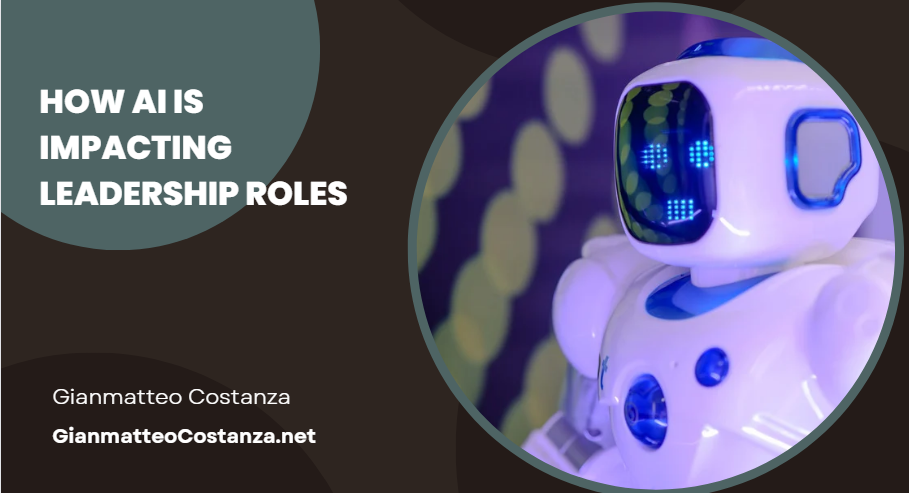The advent of artificial intelligence (AI) has heralded a new era in the corporate world, reshaping industries and revolutionizing how businesses operate. One of the most profound impacts of AI is its influence on leadership roles. As AI continues to evolve, leaders face the challenge and opportunity to harness its potential to enhance decision-making, improve efficiency, and foster innovation. Let’s explore how AI is transforming leadership roles across various sectors.
Enhancing Decision-Making with Data
AI’s ability to process and analyze vast amounts of data in real time has equipped leaders with powerful tools for making more informed decisions. Traditional decision-making processes, often reliant on limited data or human intuition, are being complemented (and sometimes replaced) by data-driven insights offered by AI algorithms. This shift requires leaders to become proficient in interpreting AI-generated data and making strategic decisions based on these insights, blending the art of leadership with the science of data.
Streamlining Operations and Efficiency
AI-driven automation and machine learning algorithms have significantly improved operational efficiency in many organizations. Tasks that were once manual and time-consuming can now be completed quickly and accurately. This transformation allows leaders to focus on strategic planning and innovation rather than getting bogged down by routine operational challenges. Moreover, AI’s predictive capabilities enable leaders to anticipate problems and optimize resources, leading to more agile and responsive organizations.
Driving Innovation and Creativity
Contrary to the fear that AI might stifle human creativity, it has become a catalyst for innovation. AI tools can assist in brainstorming sessions, simulate outcomes of various strategies, and even participate in the creative process, thus expanding the horizon of possibilities. Leaders are now tasked with fostering an environment where AI and human creativity coexist, leveraging AI to enhance the creative process rather than replace it.
Nurturing Talent and Leadership Development
AI is also transforming how leaders approach talent management and development. With AI-enabled tools for personalized learning and development, leaders can better identify and nurture the unique strengths of each team member. Furthermore, AI can help predict career paths that align with individual skills and organizational needs, thereby assisting leaders in crafting more effective and fulfilling career progression plans for their employees.
Ethical Considerations and Social Responsibility
As AI becomes more integrated into daily operations, leaders must confront ethical considerations and the social impact of their AI strategies. This includes privacy-related issues, bias in AI algorithms, and the future of work. Leaders must navigate these challenges with a commitment to ethical standards and social responsibility, ensuring that the benefits of AI are distributed equitably and without harm to society.
In conclusion, AI is not just a technological tool but a transformative force reshaping the leadership landscape. It demands a new set of leadership skills and mindsets, including adaptability, ethical judgment, and a deep understanding of the symbiotic relationship between humans and machines. As we move forward, the most successful leaders will be those who can harness the power of AI to enhance their decision-making, foster innovation, and lead their organizations responsibly into the future.

